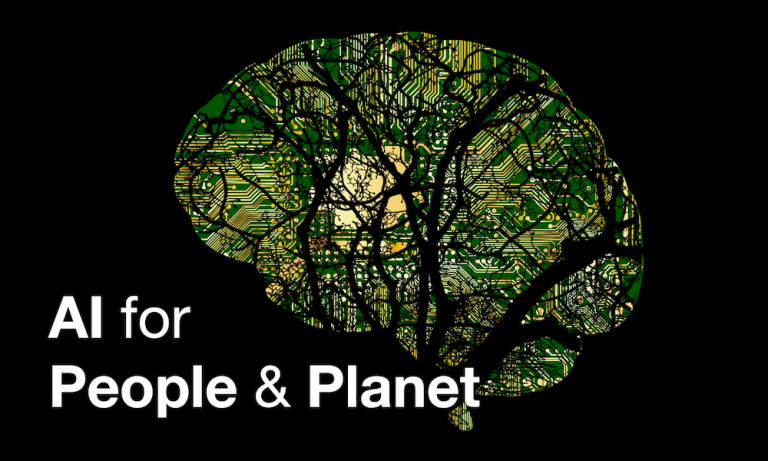AI and International Relations: Shaping the Policy and Research Agenda
2 July 2020

Policy Briefing: AI and International Relations: Shaping the Policy and Research Agenda
Authors: Dr Nick Wright, Oliver Patel and Audrey Tan
Executive Summary
In May 2020, UCL Public Policy and UCL European Institute co-organised a policy roundtable, focused on AI and International Relations, under UCL's 'AI for People and Planet' initiative. The roundtable participants were drawn from the government, academia, business, and the technology sectors.
This policy briefing summarises and builds upon the roundtable discussion. It assesses what challenges and opportunities AI presents to international relations in the near and medium terms (e.g. 0 – 10 years). The purpose of this document is to inform policy makers, academics, and other decision makers on where public policy efforts and research agendas should focus. Key themes, and tensions, included:
- AI’s biggest impact on international relations is the evolving disruption of relations and distribution of power and control, implicating regions, states, international organisations, private companies, and citizens. AI will affect trust, democracy, sovereignty and democratic legitimacy across these scales. What will be the key inequalities and asymmetries within and between countries?
- AI-based technologies are poised to transform the relationship between the state and the private sector. Governments should manage this shift to benefit wider society.
- Developing new institutions and norms of multilateral governance focused on AI will be challenging. Should this be attempted, or should we maximise and strengthen the use of existing global governance mechanisms? If so, how?
- The global development of AI standards, regulations, and ethical frameworks is uneven, but there is scope for influential actors to effect significant change.
- Take a holistic view as all solutions involve technology, institutions and the law.
- Look past the hype and focus on the ‘boring’ applications of AI (e.g. logistics). They are ubiquitous and already driving significant social, political, and economic change.
- COVID-19 accelerates and emphasises some of these trends, rather than creating new ones.
The policy roundtable partipants were:
UCL participants: Dr Nick Wright (Chair); Professor Joanna Chataway (STEaPP); Dr Zeynep Engin (Department of Computer Science); Professor Geoff Mulgan (STEaPP); Mr Oliver Patel (European Institute).
External participants: Maj Gen (Retd) James Chiswell; Dr Rogier Creemers (Leiden University); Dr Al Fisher (Buro Happold Engineering); Sir Lawrence Freedman (King’s College London); Ms Claire Hancock (HM Government); Dr Bryn Hughes (Defence, Science and Technology Laboratory); Mr Shashank Joshi (The Economist); Professor Helen Margetts (University of Oxford); Mr Paul Nemitz (European Commission, DG JUST); Sir David Omand (King’s College London); Ms Agnieszka Wierzbicka (European External Action Service).


 Close
Close

